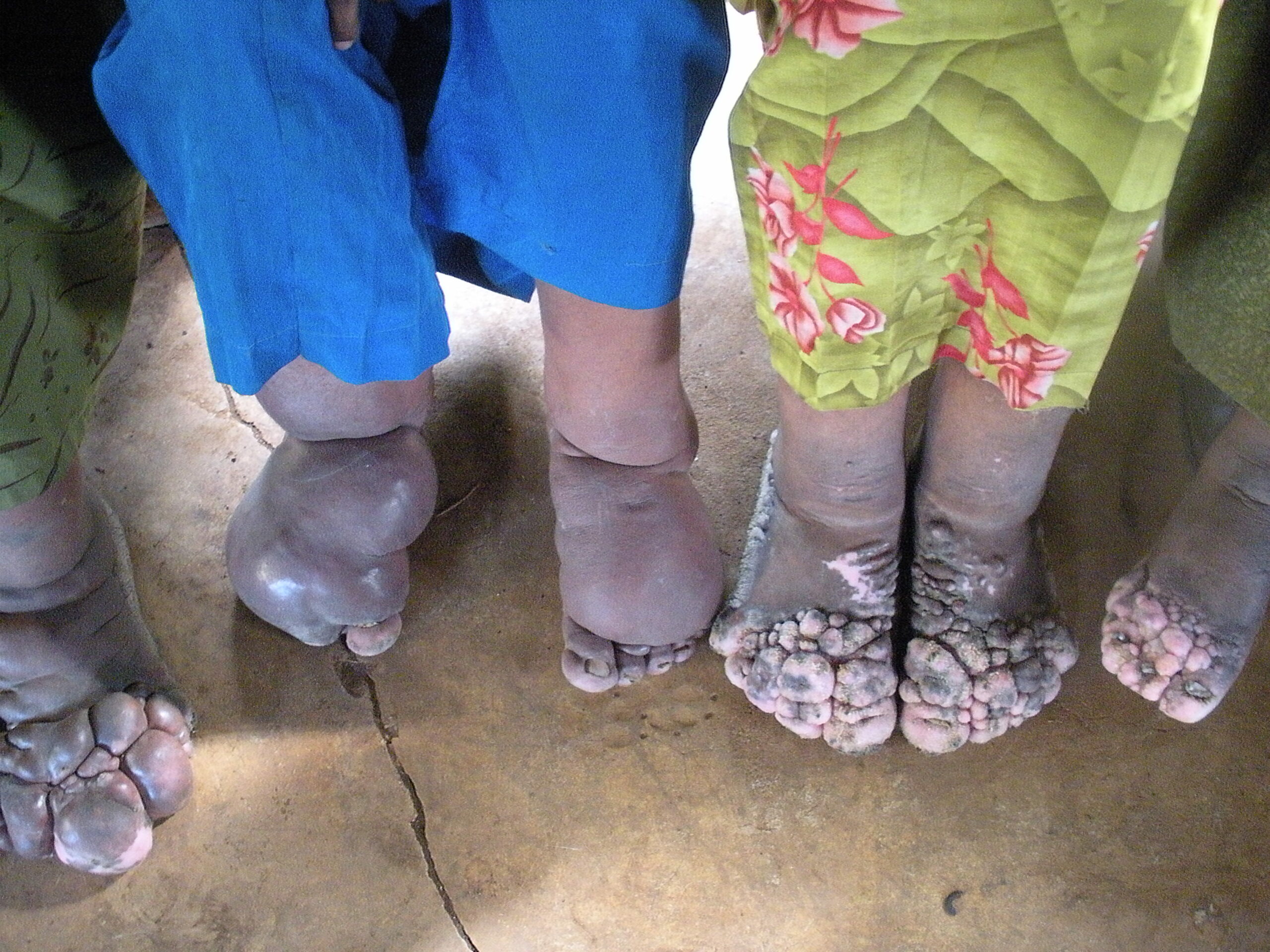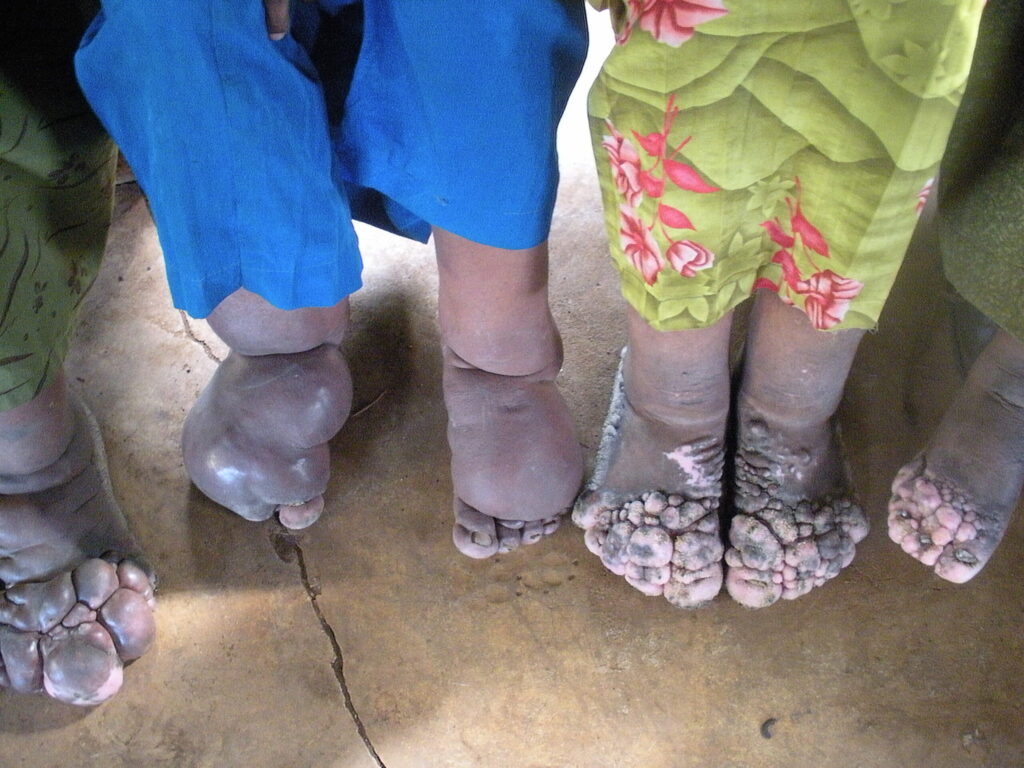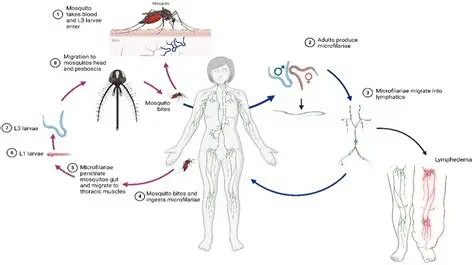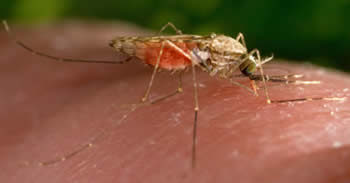
 Speak FM
Speak FM

 Speak FM
Speak FM
7 November 2025, 7:06 am

By Joyce Adokorach
Health workers in the Acholi subregion are calling on the public to stop believing myths surrounding Lymphatic Filariasis, locally known as Two Apim ki Longo, a disease that causes elephantiasis and hydrocele.
Speaking to journalists on Wednesday, Bob Okello from Sight Savers, an NGO working to end neglected tropical diseases, said many people still believe the condition is caused by witchcraft. As a result, patients often seek help from witch doctors instead of health centres.
Okello noted that in some areas like Teso, hydrocele was once seen as a sign of strength because of enlarged male genitals, while others wrongly thought the disease was contagious.

He explained that Lymphatic Filariasis is spread through repeated mosquito bites that transfer tiny parasites from one person to another. The infection damages the body’s lymph system, leading to swelling of the legs, arms, and genitals.
Health experts say the disease can only be accurately diagnosed at night since the parasite hides in the bloodstream during the day. They urge anyone with unusual body swelling to visit the nearest health centre for testing and treatment.
Hospitals in Anaka, Atiak, Lalogi, and Awach now have trained medical teams to manage and perform surgery for affected patients. Efforts by health workers, supported by Sight Savers, have helped reduce infections through drug administration and mosquito control.
In Nwoya, Dr. Denis Loum says nine health centres are screening patients, with over 100 cases identified and surgeries ongoing at Anaka Hospital. Meanwhile, in Amuru, Dr. Godfrey Kibwota reports 19 successful surgeries so far.
In Gulu District, Dr. Olobo Denis explains that Filariasis is spread through mosquito bites from an infected person’s blood but can be prevented and treated. Doctors explain that Elephantiasis and Hydrocele cause severe swelling of the legs, arms, male genitals, and in rare cases, the breasts. They add that avoiding mosquito bites, maintaining proper hygiene, and early treatment are key to prevention.
Doctors across the region warn that if left untreated, the disease can last for more than ten years, and they urge early treatment to prevent permanent swelling.
